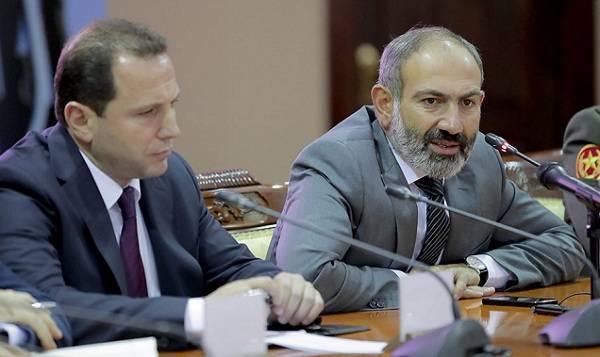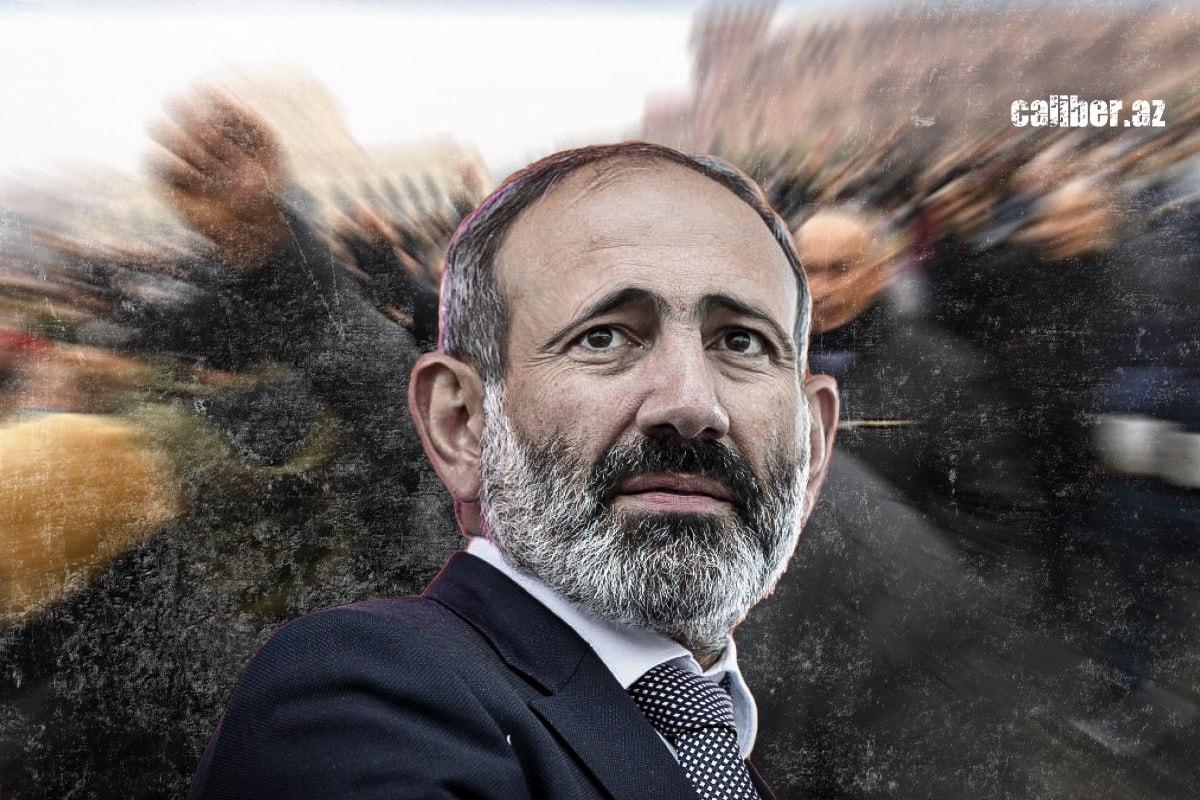Armenia PM’s team makes one step forward, one step back on Karabakh issue Uncertainty looms over Armenia’s future
Exactly five years ago, on August 5, 2019, Armenian Prime Minister Nikol Pashinyan, during the opening ceremony of the "Pan-Armenian Games" in Khankendi occupied during that period, shouted into the microphone: "Artsakh is Armenia and period." Just a few months earlier, Pashinyan was celebrating this and dancing in Shusha.
It’s hard to pinpoint what motivated Pashinyan at that time. Why did he take actions that even the leaders of the Karabakh clan, while in power, had hesitated to take? What drove Pashinyan to be more audacious than his predecessors? Armenian ex-President Robert Kocharyan had previously criticized Pashinyan for these reckless statements.
However, Kocharyan’s and other ex-President Serzh Sargsyan’s accusations are laughable. Everyone with a clear mind understands that Azerbaijan resolved the Karabakh issue not because Pashinyan allegedly "messed things up." Azerbaijan had been working toward this goal for long 25 years. It’s quite possible that Pashinyan’s actions were driven by the awareness that punishment was inevitable.
The reckoning was bound to come. Sargsyan hurriedly relinquished power, as if he felt the impending burden of defeat. Who would know better than him that defeat was unavoidable? After all, in April 2016, the Azerbaijani army conducted a brilliant counteroffensive, neutralising numerous military assets and soldiers, and regaining control of two strategic heights.
However, it’s uncertain whether Pashinyan ever considered the possibility of defeating Azerbaijan. He might have thought, “Either we take them down, or they take us down.” While he surely understood that the scenario of "they take us down" was more realistic, he hoped that the Armenian army had entrenched itself too securely behind the infamous "Oganyan’s Line" (line of former Armenian Defence Minister Seyran Oganyan). Armenian Defence Minister David Tonoyan proudly declared at a meeting with the Armenian diaspora in the US that a new war means new territories.

At the same time, Pashinyan, as previously mentioned, was prepared for defeat. Pashinyan is a person of an adventurous disposition, and the defeat in the war became a sort of relief for him. The Karabakh issue was resolved. The fact that Armenian society had grown weary of the Karabakh clan and the associated Karabakh case is reflected in the 2021 elections, where the majority of voters once again supported the "Civil Contract" party. Although one of the campaign slogans was quite belligerent—“Separation for Salvation”—it was clear to everyone that it was merely putting on a brave face in a losing situation. By voting for Pashinyan, the Armenian people were voting for peace.
It’s quite possible that Pashinyan’s actions were not driven by a genuine desire for peace with Azerbaijan or a departure from the ideas of "Miatsum" but rather by a deep sense of apathy and an identity crisis. Additionally, Armenia lacks both the resources for a new war and a charismatic leader to champion such a cause. The Armenian people no longer want the Karabakh clan in power.
The apathy of Armenian society is further highlighted by Pashinyan's consistently declining approval ratings, though ratings for other political forces are even lower. Armenian society sees no viable alternative. The Pan-Armenian Games have ended, and the harsh realities of daily life have begun. The Azerbaijani soldier has forced the Armenian leadership and society to face reality. This reality led Pashinyan to first acknowledge that Shusha was a neutral zone for both sides during the Armenian occupation and then to loudly declare that "Karabakh is Azerbaijan!"

However, addressing the Karabakh issue and reconciling with Azerbaijan are two different things. Now, Pashinyan is working hard to maintain the appearance of ongoing conflict to continue receiving various aid from the US and the EU. This involves inflating concerns about alleged forced resettlement of Armenians to Armenia and the supposed threat of an Azerbaijani attack on Armenia.
Nevertheless, it is clear that Pashinyan is focusing on consolidating the territory internationally recognized as Armenian territory — what he refers to as "real Armenia." Pashinyan has cautiously but publicly mentioned the need for constitutional reform, including the removal of provisions containing territorial claims against Azerbaijan (producing an angry or violent reaction).
Indeed, Yerevan, represented by Foreign Minister Ararat Mirzoyan, later dismissed such a possibility—this reflects Pashinyan's team’s characteristic style of taking one step forward and then one step back.
It is challenging to predict where this chosen approach will lead Armenia and Pashinyan himself. Conventional logic suggests that it may lead nowhere—Armenia will remain where it stands now. It is reassuring that this is no longer Azerbaijan's problem. After all, Karabakh is Azerbaijan!








